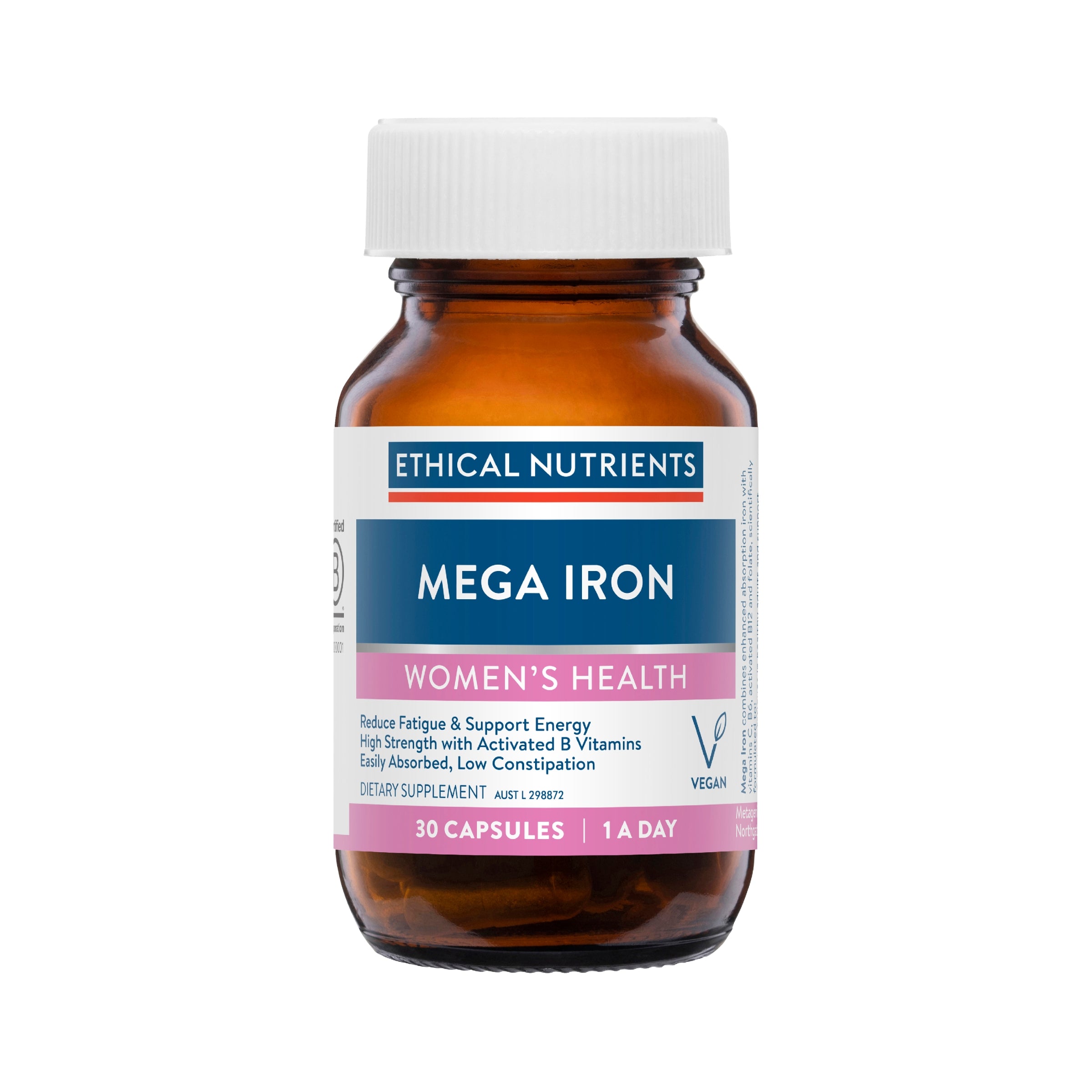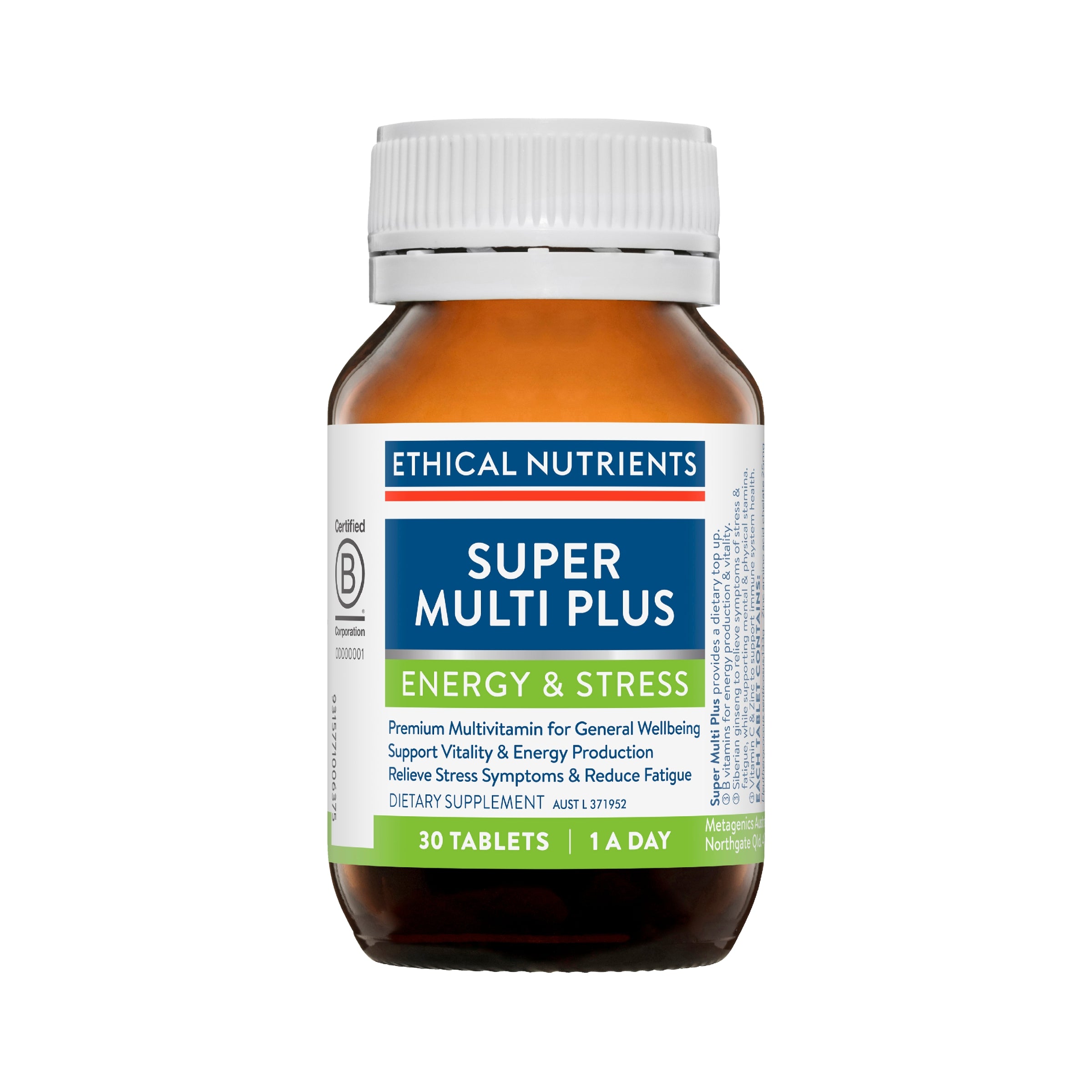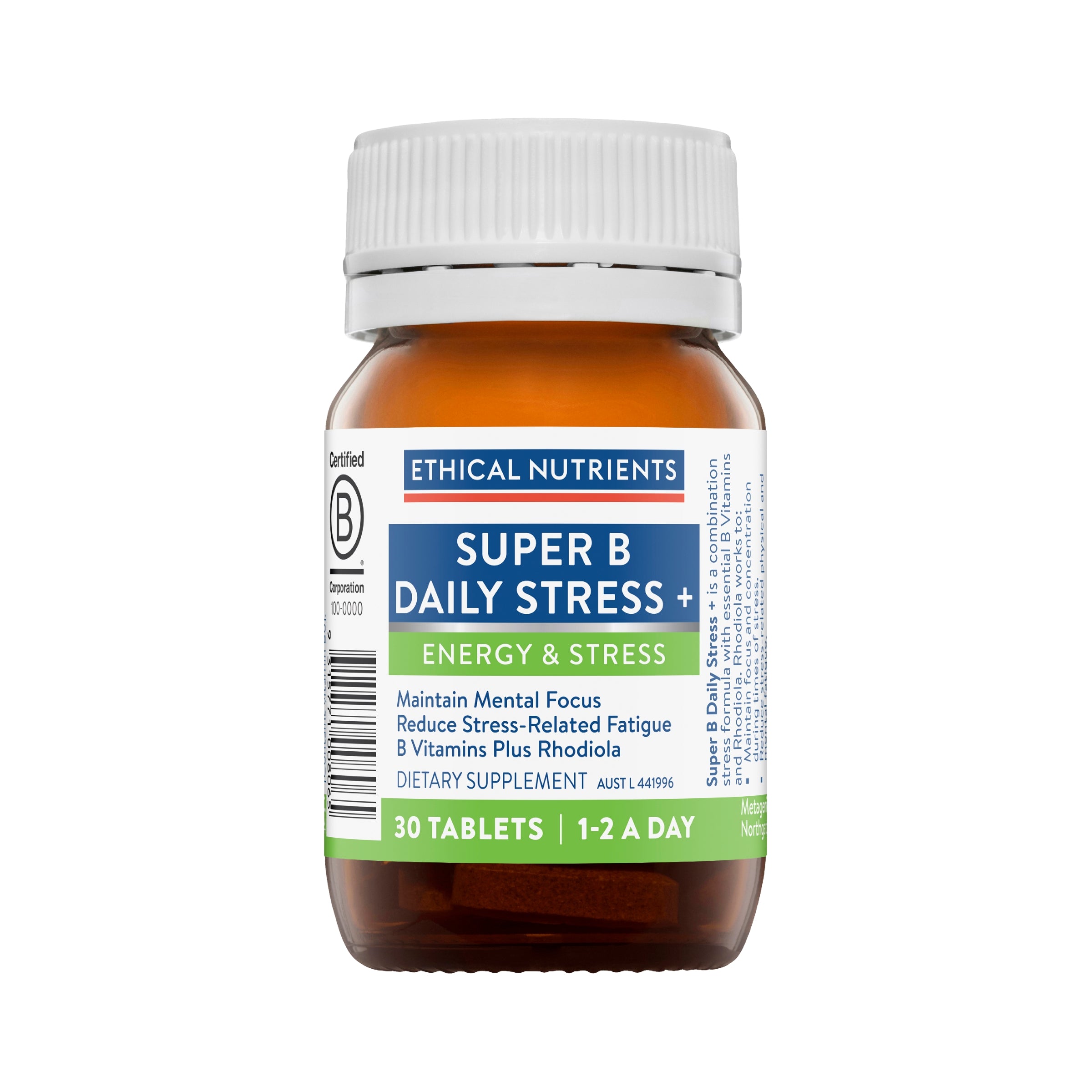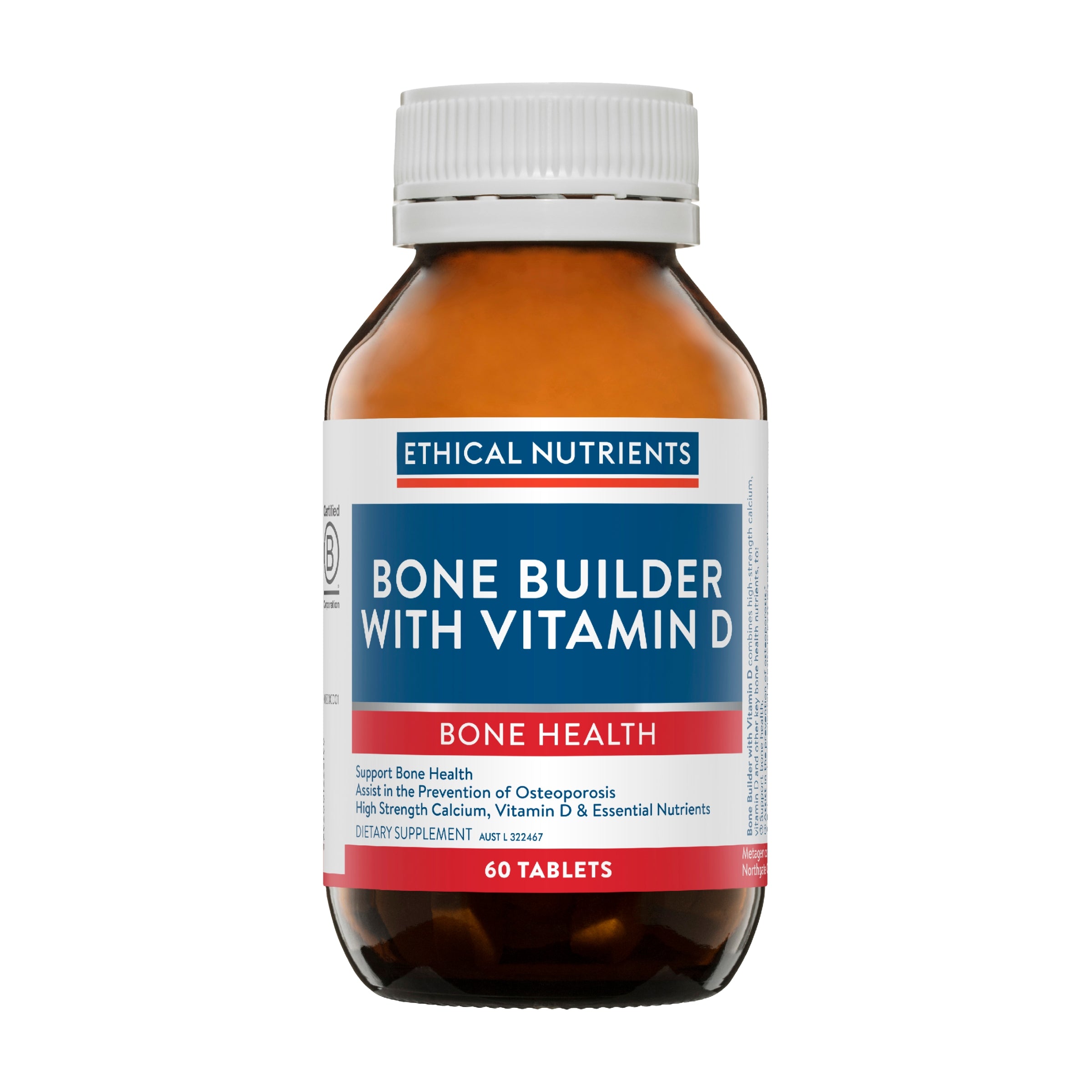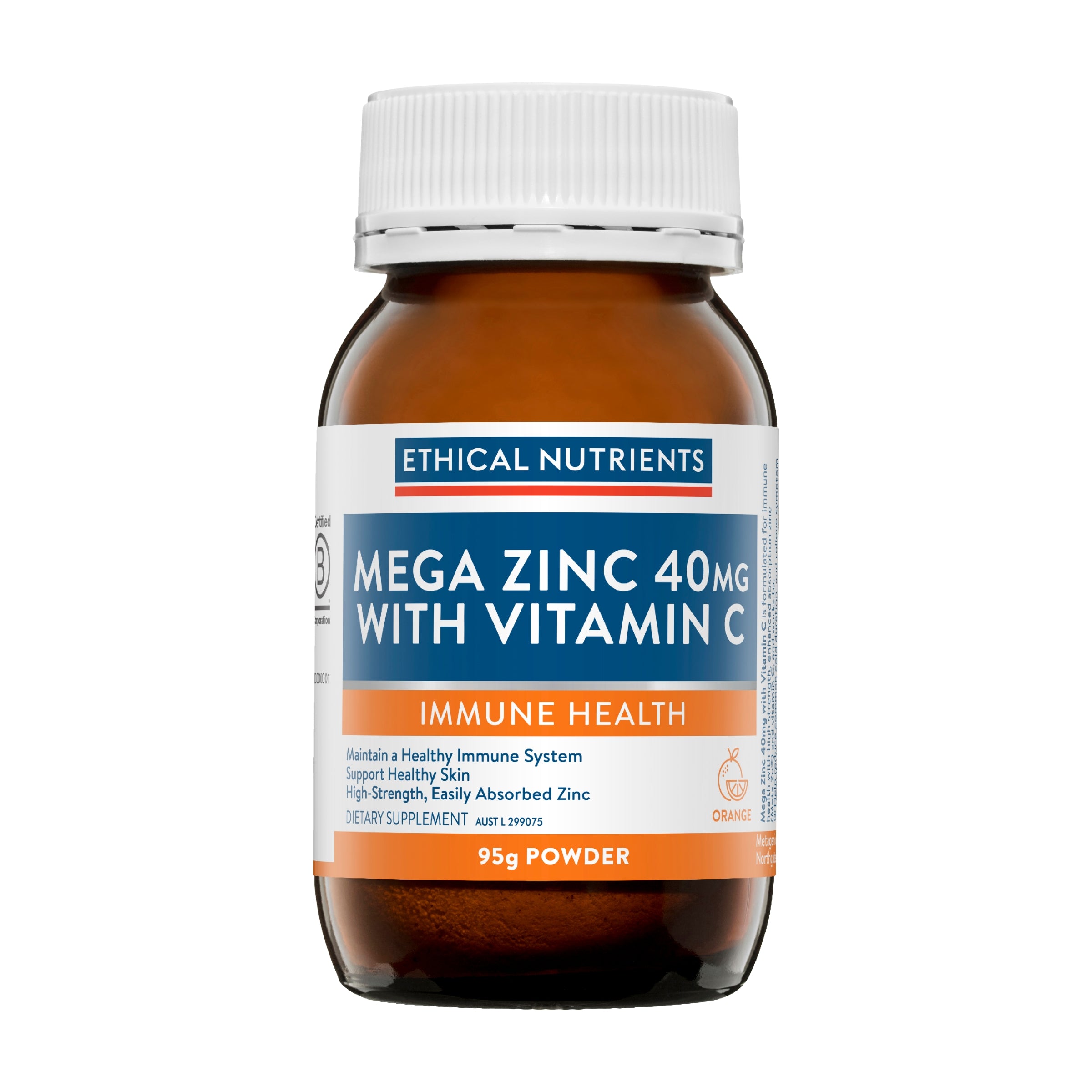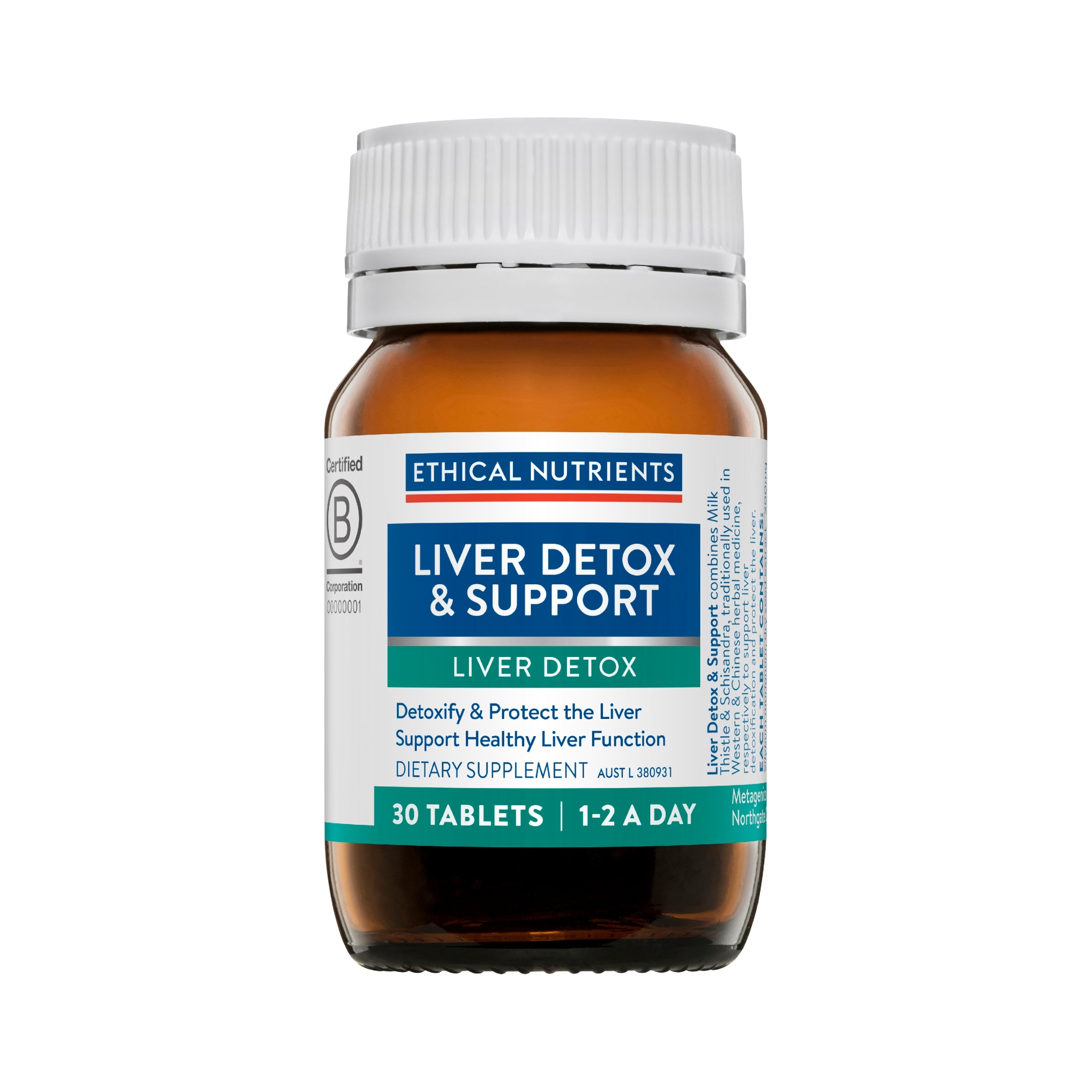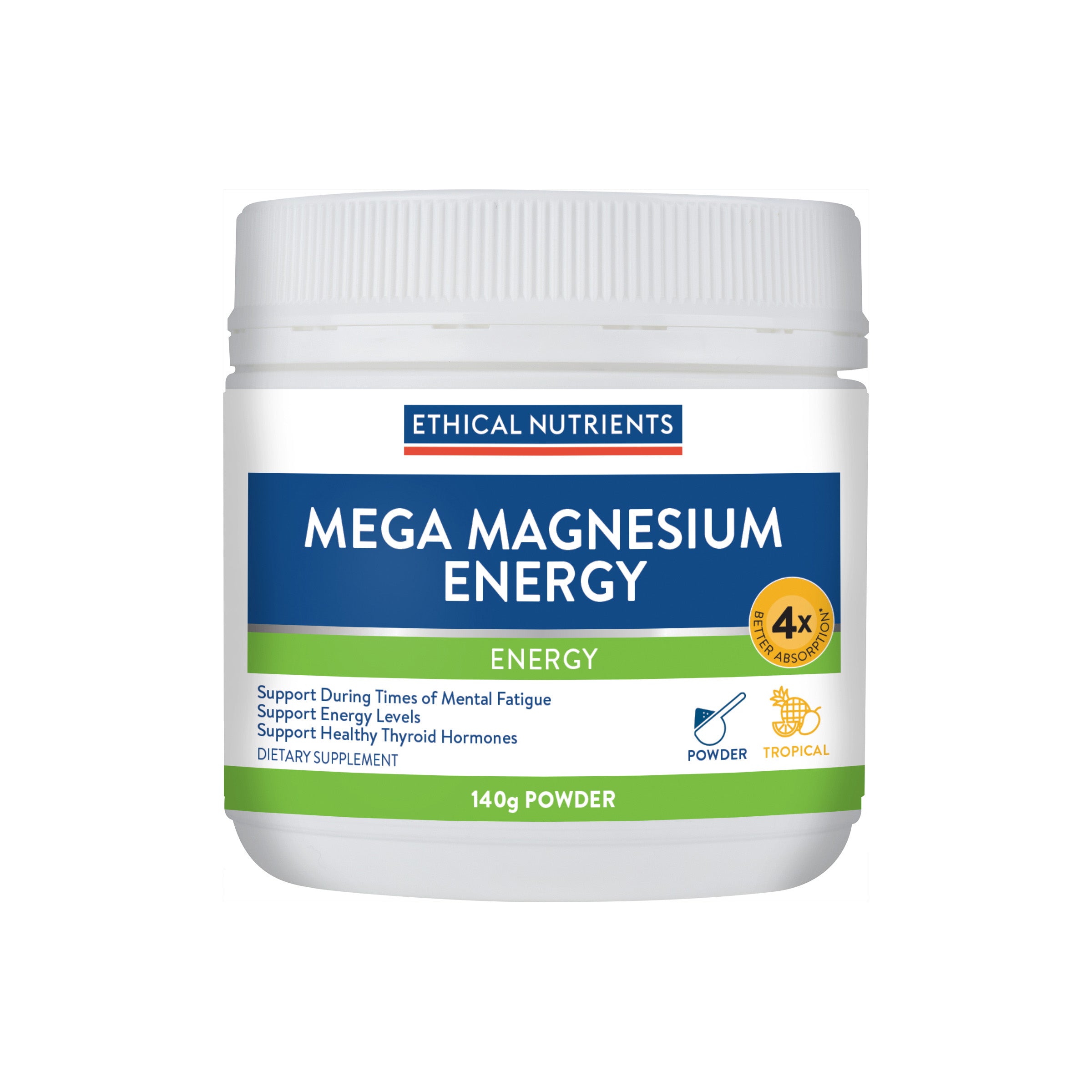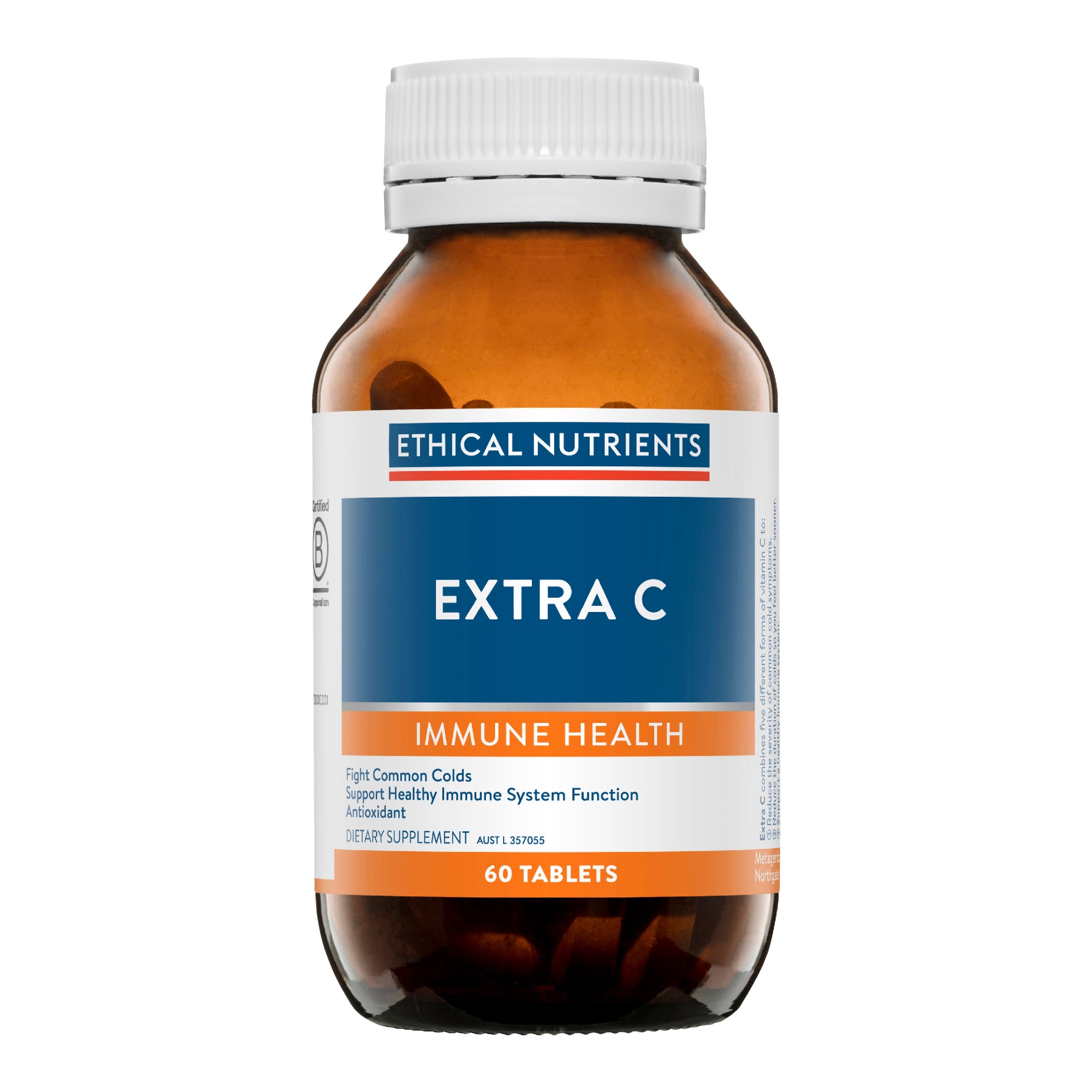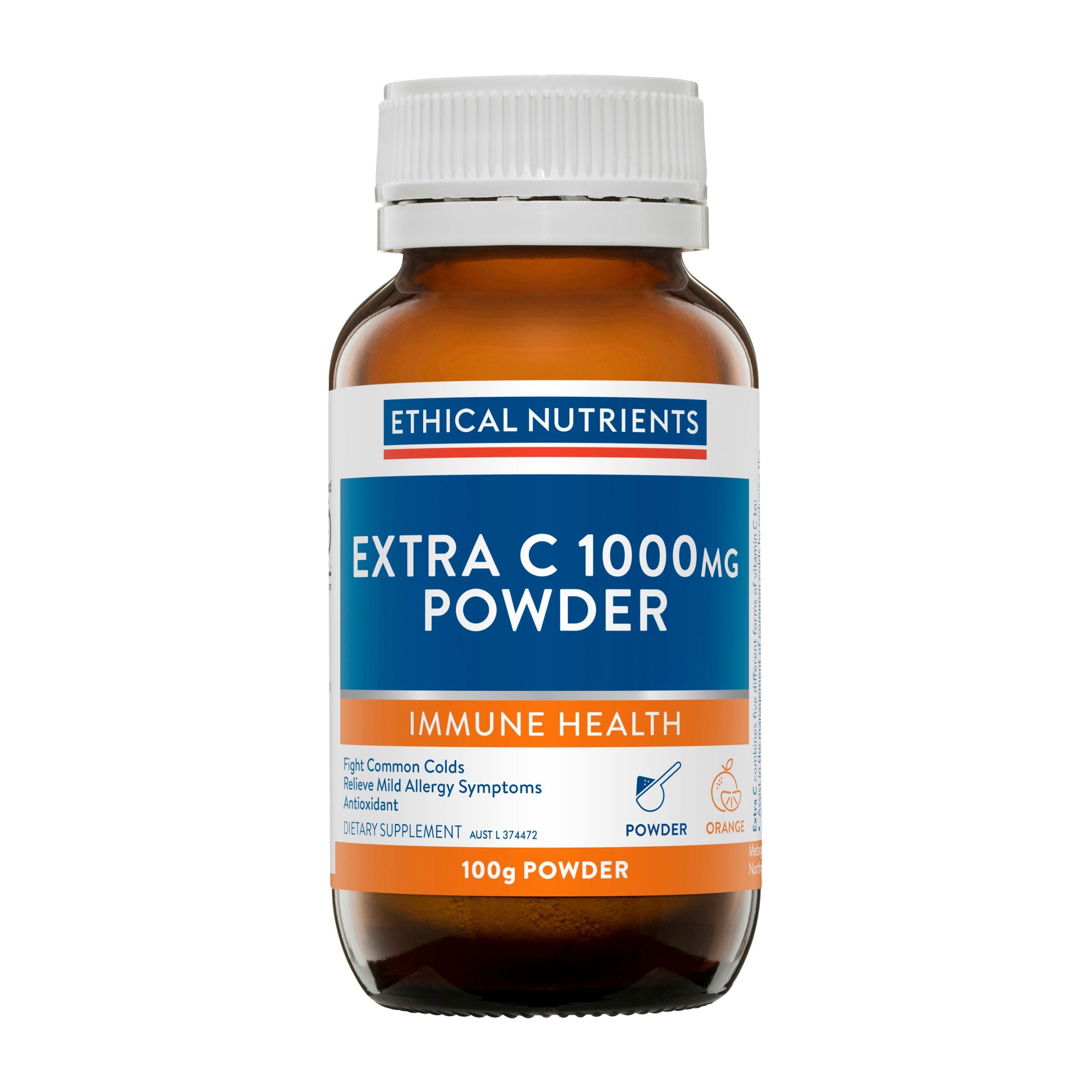Vitamin B Complex are a collection of eight nutrients (vitamins B1, B2, B3, B5, B6, B7, B9 & B12) that support the body in a variety of ways. Each of these vitamins assist the body in a different way, per below.
- Vitamin B1 (Thiamin) helps convert glucose into energy, and plays a role in nerve function
- Vitamin B2 (Riboflavin) is involved in energy production, assists vision & healthy skin
- Vitamin B3 (Niacin) helps convert carbohydrates & fat into energy. It also helps maintain healthy skin & supports nervous and digestive systems
- Vitamin B5 (Pantothenic Acid) metabolises carbohydrates & fats and produces red blood cells and steroid hormones
- Vitamin B6 (Pyridoxine) metabolises protein & carbohydrates and produces red blood cells, supporting the immune system
- Vitamin B7 (Biotin) metabolises energy & amino acid and synthesises fat & glycogen
- Vitamin B9 (Folic Acid or Folate) is important during conception & pregnancy, particularly for reducing the risk of neural tube defects. It is also important for the growth and development of cells
- Vitamin B12 (Cyanocobalamin) helps the body metabolise carbohydrates, fats & proteins and helps form red blood cells
All B vitamins can be obtained through a variety of dietary sources. Foods that are particularly high are whole grains, red meat, poultry, fish, dairy products, egg, legumes, nuts and seeds.
There are various forms of folic acid used in products throughout Australia. 5-MTHF is the metabolicallyactive form of vitamin B9 (folate) and may be a superior form for supplementation.
The most common form of vitamin B deficiency is anaemia. Women are more prone to be at risk of developing anaemia than their male counterparts1. The risk for anaemia significantly increases with age, with risk incidences increasing from ~3.5% at 60 years old to ~16% at the age of 75.


